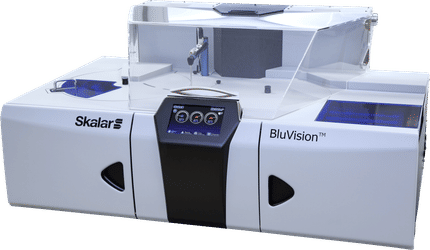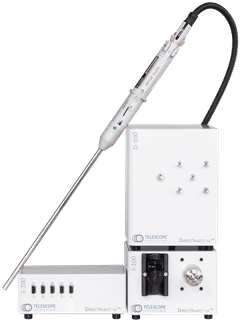To use all functions of this page, please activate cookies in your browser.
my.chemeurope.com
With an accout for my.chemeurope.com you can always see everything at a glance – and you can configure your own website and individual newsletter.
- My watch list
- My saved searches
- My saved topics
- My newsletter
D-chiro-inositol
D-chiro-inositol (commonly abbreviated DCI) is a member of a family of related substances often referred to collectively as "inositol," although that term encompasses several isomers of questionable biological relevance. It is known to be an important secondary messenger in insulin signal transduction.[2] Product highlightDCI is not abundant in most diets although it can be found in significant quantities in buckwheat farinetta and some other foods. It is possible that in higher vertebrates DCI is made from myo-inositol via the action of an epimerase.[3] Contrary to common claims of the non-availability of DCI, it is in fact commercially available to the public as a nutritional supplement in the US. DCI appears to have substantial beneficial effects for PCOS, an observation rationalized by the apparent role of DCI in the etiology of PCOS.[4][5][6] References
|
||||||||||||||||||||||
| This article is licensed under the GNU Free Documentation License. It uses material from the Wikipedia article "D-chiro-inositol". A list of authors is available in Wikipedia. | ||||||||||||||||||||||







